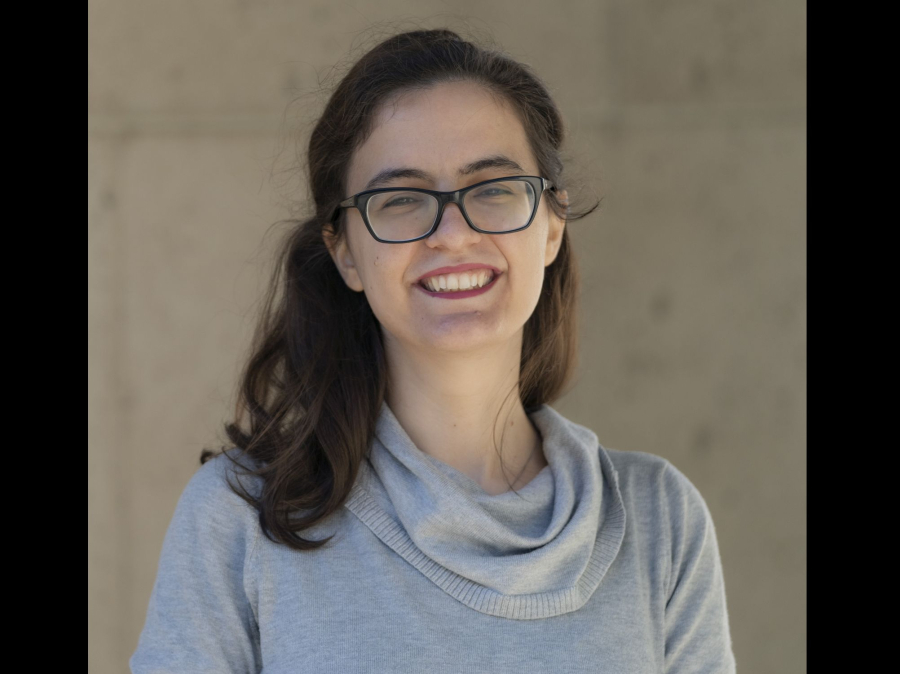Gül H. Zerze, an assistant professor in the William A. Brookshire Department of Chemical and Biomolecular Engineering, has been chosen for a two-year term as an inaugural member for a new editorial board created by an academic journal.
The Journal of Chemical Theory and Computations (JCTC) announced the members of its new Early Career Board (ECB) in January. According to the JCTC, the initiative provides young investigators with guidance and insight into the editorial process as they pursue their independent research careers. JCTC is a peer-reviewed scientific journal, established in 2005 by the American Chemical Society, with an impact factor of 5.5 as of 2022.
Zerze explained why she decided to join the ECB.
“Early career researchers are often at the forefront of emerging trends and technologies. By playing editorial roles and publishing groundbreaking research more often in JCTC, we can advance the journal's reputation and impact, attracting a wider readership,” she said.
Zerze identified three areas that she saw as focus points:
- Interdisciplinary Collaboration: We have the opportunity to bridge gaps between different subfields of theoretical and computational chemistry. Most of the novel computational techniques are transferable to study a wide range of research problems but unfortunately, this is not always easily visible.
- Diversity and Inclusivity: Promoting diversity and inclusivity within the journal's leadership and content is essential. Early career members can advocate for equitable representation, ensuring that a wide range of voices and perspectives are heard. This might be more particularly true for computational molecular scientists like myself, who are more particularly underrepresented in the field.
- Outreach and Education: We can actively engage in outreach efforts to promote the journal to a broader audience, including students and researchers who may be less familiar with computational chemistry. This can involve organizing webinars, workshops, and social media campaigns to highlight JCTC's contributions.
Zerze joined the University of Houston in 2022, following work as a postdoctoral researcher at Princeton. She earned her doctorate from Lehigh University in Pennsylvania. For more information about Zerze and her research, visit her website or read a previous feature from Parameters magazine.
